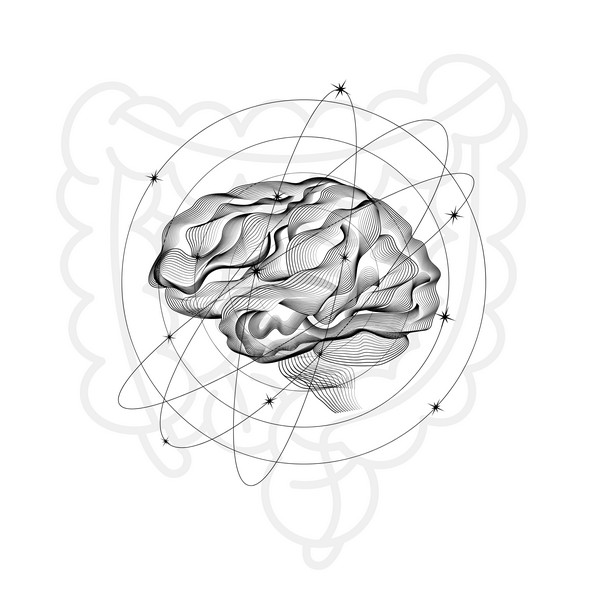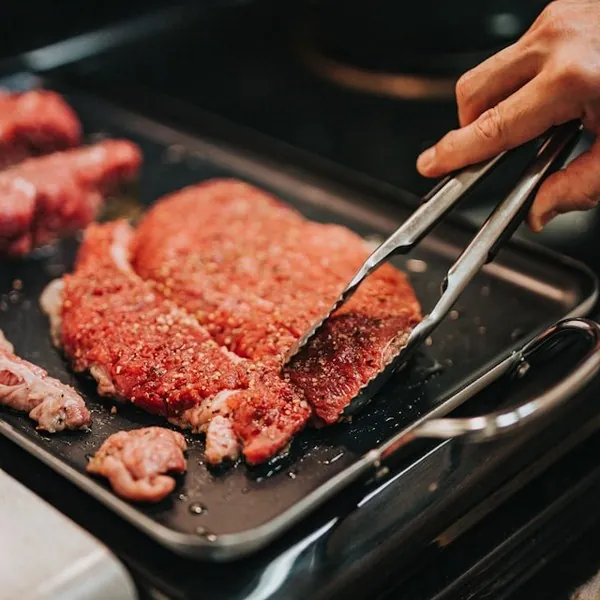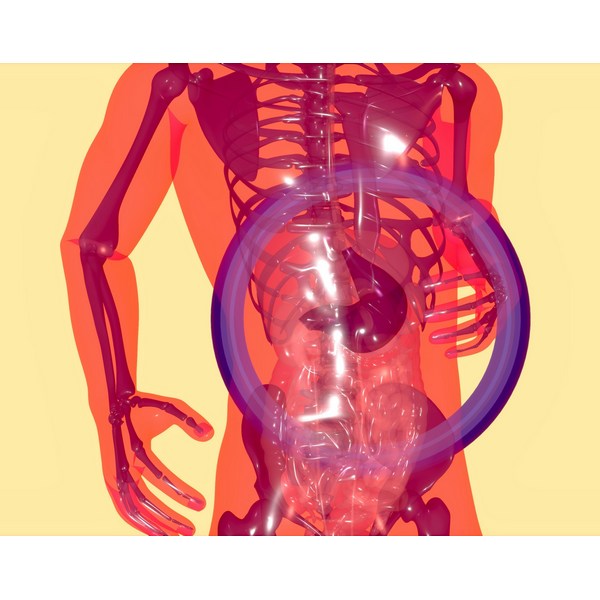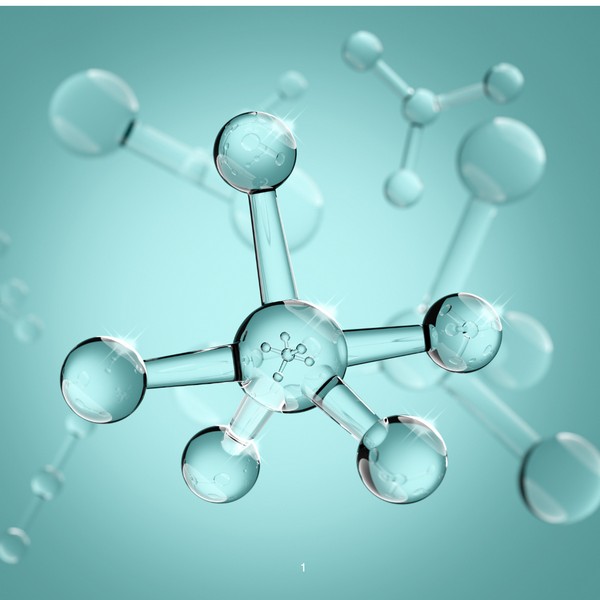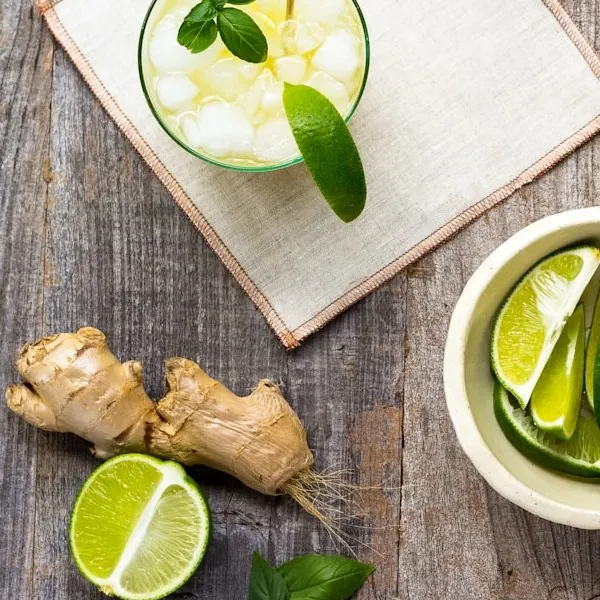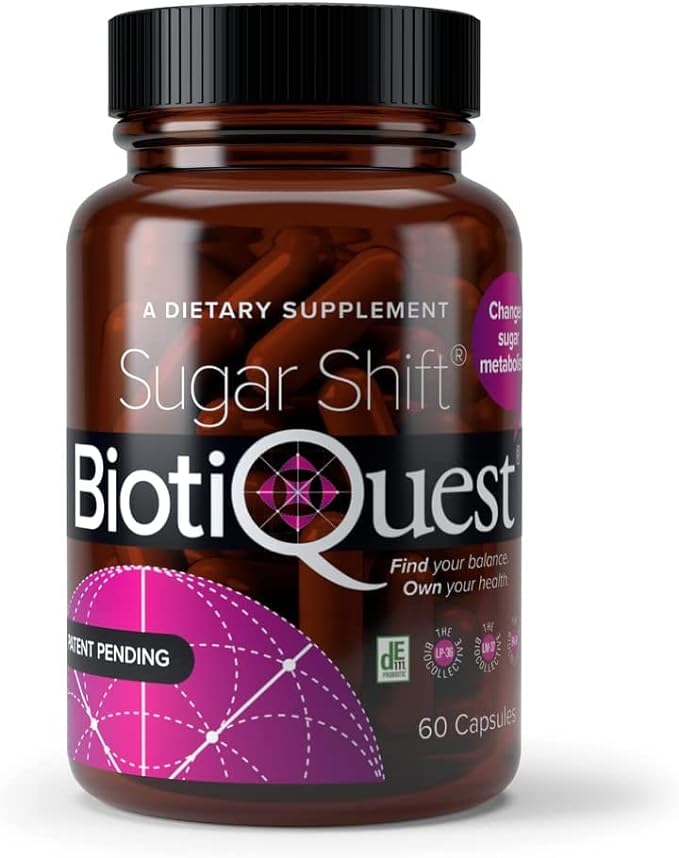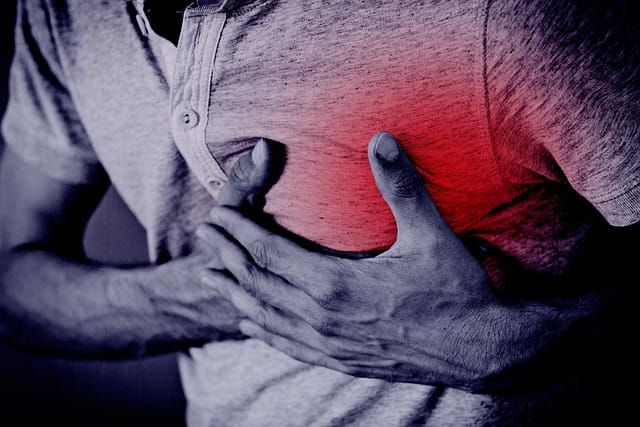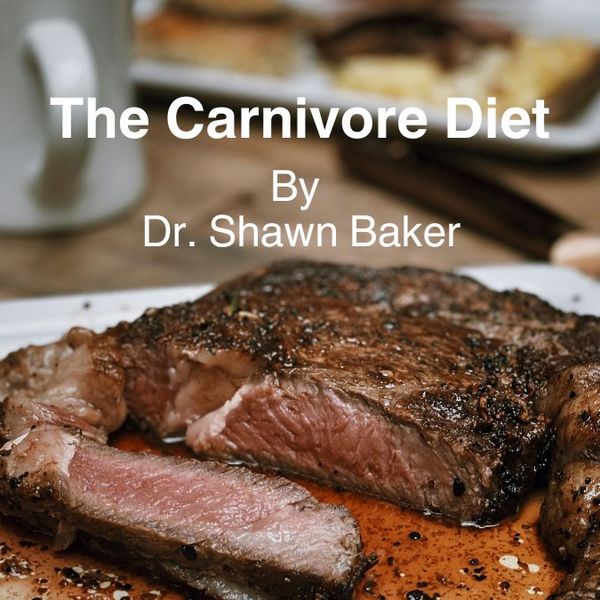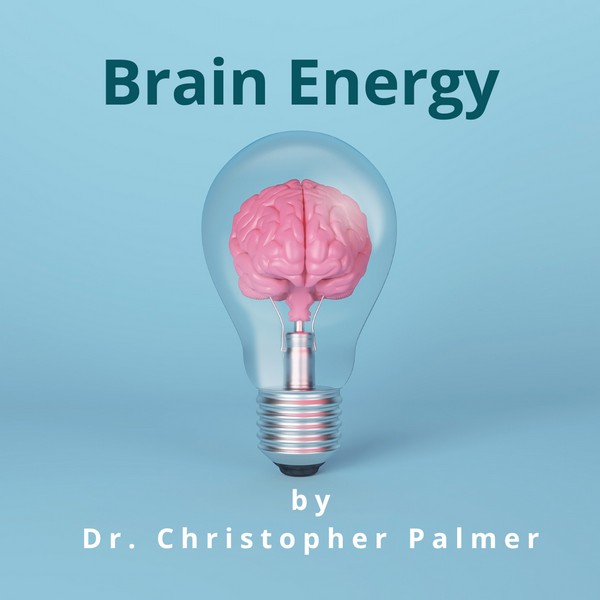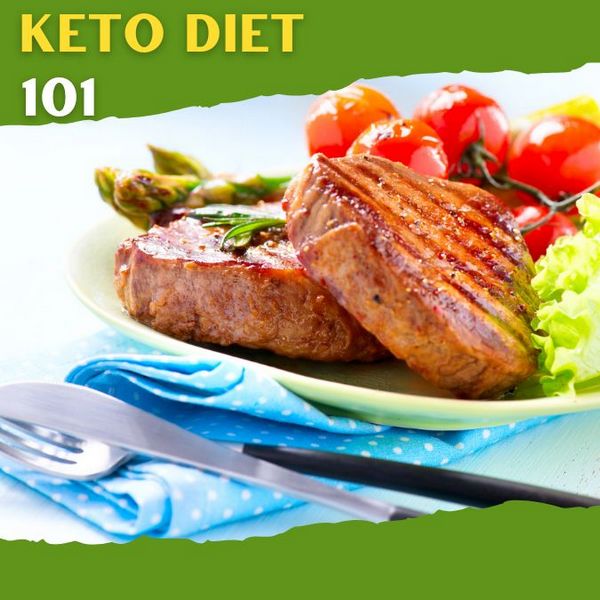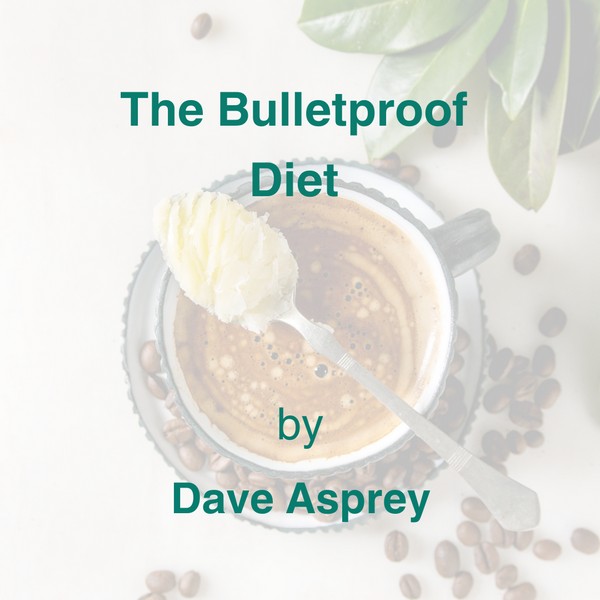Key Takeaways
- SIBO disrupts gut bacteria balance, causing bloating, pain, and nutrient absorption issues.
- Symptoms include bloating, abdominal pain, diarrhea, constipation, weight loss, and fatigue.
- Triggers include medications, low stomach acid, intestinal muscle issues, and structural problems.
- Low FODMAP, Elemental, and Carnivore diets help manage SIBO symptoms.
- Probiotics, supplements, lifestyle changes, and medical treatments are key for effective SIBO management.
Table of Contents
Understanding SIBO and Its Impact on Digestive Health
What is SIBO?

Small Intestinal Bacterial Overgrowth (SIBO) occurs when excess bacteria from the large intestine grow in the small intestine, disrupting the gut’s normal balance.
This imbalance can cause various digestive issues, including abdominal pain, bloating, diarrhea, and problems with nutrient absorption.
Unlike the large intestine, which houses a diverse bacterial community, the small intestine is meant to have relatively few bacteria.
When this balance is disturbed, it can lead to significant digestive problems.
How SIBO Causes Bloating
Excess bacteria in the small intestine ferment carbohydrates, releasing gas and causing bloating and abdominal distension.
This fermentation process also produces short-chain fatty acids, contributing to abdominal pain and discomfort.
The increased bacterial presence can inflame the intestinal lining, leading to pain, diarrhea, and constipation.
This inflammation and gas production are the primary reasons why SIBO can be so uncomfortable and disruptive.
Symptoms of SIBO

Common symptoms include:
- Bloating: A sensation of fullness and tightness in the abdomen, often accompanied by visible swelling.
- Abdominal pain: Cramping and discomfort that can vary in intensity.
- Diarrhea or constipation: Fluctuating bowel habits that can be unpredictable and distressing.
- Unexplained weight loss: Despite normal or increased appetite, weight loss can occur due to poor nutrient absorption.
- Fatigue: Persistent tiredness that can be linked to malnutrition and inflammation.
Causes of SIBO
Several factors can contribute to SIBO, including:
- Medications: Antibiotics, proton pump inhibitors, and other medications can disrupt the balance of gut bacteria.
- Low stomach acid: Adequate stomach acid is needed for maintaining bacterial balance; low levels can promote bacterial overgrowth.
- Abnormal small intestine muscle function: Dysmotility or improper muscle contractions can lead to bacterial buildup.
- Structural problems: Conditions like strictures or obstructions can create pockets where bacteria accumulate.
Diagnostic Approaches
Tests for SIBO include:
- Breath tests: Measuring hydrogen and methane levels after consuming a fermentable substance to identify bacterial overgrowth.
- Blood tests: Checking for nutritional deficiencies that might indicate malabsorption.
- Stool tests: Looking for signs of malabsorption and infection.
- Upper endoscopy: Direct visualization and sample collection from the small intestine.
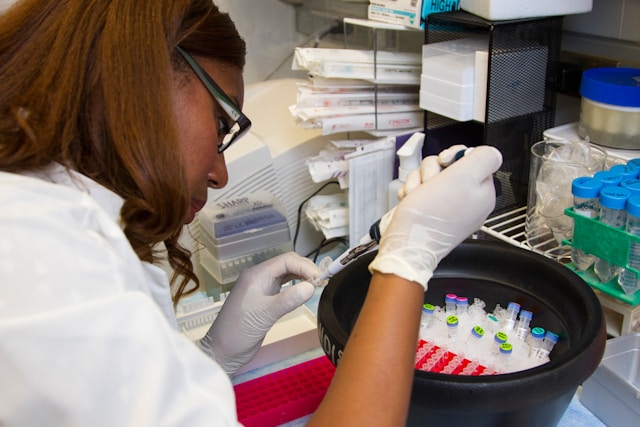
Dietary Triggers
Carbohydrates can promote bacterial growth in the small intestine, leading to SIBO. A carbohydrate diet, such as those in most ultra-processed foods, can exacerbate symptoms.
Avoiding these foods can help manage SIBO.
Effective Dietary Strategies
Foods to Avoid
- High FODMAP foods: Onions, garlic, wheat, and certain fruits like watermelon and apples can worsen symptoms.
- Beans and lentils: Promote gas production and bloating.
- Cruciferous vegetables: Such as broccoli and cabbage, which can be difficult to digest.
- Pasteurized A1 dairy products: Containing lactose that can exacerbate symptoms.
Managing SIBO involves dietary changes to reduce symptoms and prevent bacterial overgrowth:
- Low FODMAP Diet: Reduces fermentable carbohydrates that worsen symptoms like gas and bloating.
- Elemental Diet: Provides pre-digested nutrients to minimize bacterial growth.
- Lion or Carnivore Diet: Simplifies dietary choices to fatty meats and sea salt, reducing fermentable substrates.
Foods to Include
- Nutrient-dense foods: Animal proteins and healthy fats support overall health and digestion.
- Probiotic-rich foods: Yogurt, kefir, and fermented vegetables help restore gut balance.
- Unrefined sea salt: Provides essential minerals for bodily functions, including digestion.
Lifestyle Changes
- Manage stress: Techniques like meditation and yoga can reduce symptoms by improving gut-brain communication.
- Exercise regularly: Physical activity supports healthy digestion and regular bowel movements.
- Ensure adequate sleep: Quality sleep is vital for overall health and optimal digestive function.
Treatment Options
Treatment focuses on reducing bacterial overgrowth, relieving symptoms, and preventing recurrence:
- Antibiotics: Effective for reducing bacterial populations but may impact beneficial gut bacteria.
- Digestive enzymes: Help improve digestion and nutrient absorption.
- Medications: To regulate bowel movements and address underlying conditions.
- Herbal antimicrobials: Can be an alternative to traditional antibiotics.
Probiotics and Supplements
Probiotics help restore gut balance by introducing beneficial bacteria. Supplements like digestive enzymes assist in breaking down food, enhancing digestion, and improving nutrient absorption.

Conclusion
Identifying symptoms, making dietary adjustments, and incorporating lifestyle changes are essential steps in managing SIBO effectively. Probiotics, supplements, and appropriate medical treatments can help restore balance in the gut and reduce symptoms.
Seek professional guidance for tailored advice and take proactive steps towards a healthier gut.
Frequently Asked Questions
Can SIBO Go Away on Its Own?
SIBO does not typically go away on its own without treatment. The overgrowth of bacteria in the small intestine requires intervention to reduce the bacterial population and restore the balance of bacteria in the gut. Without treatment, SIBO can lead to ongoing digestive symptoms and potential complications. It is important to consult with a healthcare provider for an accurate diagnosis and appropriate treatment.
How Long Does It Take to See Improvement in Symptoms After Starting Treatment?
The length of time it takes to see improvement in symptoms after starting treatment for SIBO can vary from person to person. Some individuals may experience relief of symptoms within a few days or weeks of starting treatment, while others may take longer to experience symptom relief. The duration of treatment and the severity of the SIBO can impact the timeline for symptom improvement. It is important to follow the prescribed treatment plan and work closely with a healthcare provider to monitor progress and adjust treatment as needed.
Research
Banta, J.E., Lee, J.W., Hodgkin, G., Yi, Z., Fanica, A. and Sabate, J., 2018. The Global Influence of the Seventh-Day Adventist Church on Diet. Religions, [online] 9(9), p.251.
https://doi.org/10.3390/rel9090251.
Berumen A, Edwinson AL, Grover M. Post-infection Irritable Bowel Syndrome. Gastroenterol Clin North Am. 2021 Jun;50(2):445-461. . Epub 2021 Apr 23. PMID: 34024451; PMCID: PMC8144546.
doi: 10.1016/j.gtc.2021.02.007
Bures J, Cyrany J, Kohoutova D, Förstl M, Rejchrt S, Kvetina J, Vorisek V, Kopacova M. Small intestinal bacterial overgrowth syndrome. World J Gastroenterol. 2010 Jun 28;16(24):2978-90. PMID: 20572300; PMCID: PMC2890937.
doi: 10.3748/wjg.v16.i24.2978.
Casafont Morencos F, de las Heras Castaño G, Martín Ramos L, López Arias MJ, Ledesma F, Pons Romero F. Small bowel bacterial overgrowth in patients with alcoholic cirrhosis. Dig Dis Sci. 1996 Mar;41(3):552-6. PMID: 8617135.
doi: 10.1007/BF02282340
Di Stefano M, Brondino N, Bonaso V, Miceli E, Lapia F, Grandi G, Pagani E, Corazza GR, Di Sabatino A. The Perception of Lactose-Related Symptoms of Patients with Lactose Malabsorption. Int J Environ Res Public Health. 2022 Aug 17;19(16):10234. . PMID: 36011869; PMCID: PMC9407992.
doi: 10.3390/ijerph191610234
Di Stefano M, Malservisi S, Veneto G, et al. Lactose malabsorption and intolerance and peak bone mass. Gastroenterology. 2002 Sep;123(3):984-7.
doi: 10.1053/gast.2002.35988.
Dukowicz, A.C., Lacy, B.E. and Levine, G.M., 2007. Small intestinal bacterial overgrowth: a comprehensive review. Gastroenterology & hepatology, 3(2), p.112.
https://pubmed.ncbi.nlm.nih.gov/21960820/
Gasbarrini A, Lauritano EC, Gabrielli M, Scarpellini E, Lupascu A, Ojetti V, Gasbarrini G. Small intestinal bacterial overgrowth: diagnosis and treatment. Dig Dis. 2007;25(3):237-40. . PMID: 17827947.
doi: 10.1159/000103892
Ghoshal UC, Shukla R, Ghoshal U. Small Intestinal Bacterial Overgrowth and Irritable Bowel Syndrome: A Bridge between Functional Organic Dichotomy. Gut Liver. 2017 Mar 15;11(2):196-208.PMID: 28274108; PMCID: PMC5347643.
doi: 10.5009/gnl16126.
Husebye E, Skar V, Høverstad T, Iversen T, Melby K. Abnormal intestinal motor patterns explain enteric colonization with gram-negative bacilli in late radiation enteropathy. Gastroenterology. 1995 Oct;109(4):1078-89. doi: 10.1016/0016-5085(95)90565-0. PMID: 7557072.
Losurdo G, Marra A, Shahini E, Girardi B, Giorgio F, Amoruso A, Pisani A, Piscitelli D, Barone M, Principi M, Di Leo A, Ierardi E. Small intestinal bacterial overgrowth and celiac disease: A systematic review with pooled-data analysis. Neurogastroenterol Motil. 2017 Jun;29(6). doi: 10.1111/nmo.13028. Epub 2017 Feb 12. PMID: 28191721.
Walters B, Vanner SJ. Detection of bacterial overgrowth in IBS using the lactulose H2 breath test: comparison with 14C-D-xylose and healthy controls. Am J Gastroenterol. 2005 Jul;100(7):1566-70. PMID: 15984983.
doi: 10.1111/j.1572-0241.2005.40795.x.
Tascilar N, Irkorucu O, Tascilar O, Comert F, Eroglu O, Bahadir B, Cakmak GK, Ankarali H, Sayan H. Bacterial translocation in experimental stroke: what happens to the gut barrier? Bratisl Lek Listy. 2010;111(4):194-9. PMID: 20586145.
https://pubmed.ncbi.nlm.nih.gov/20586145/
Weinstock LB, Klutke CG, Lin HC. Small intestinal bacterial overgrowth in patients with interstitial cystitis and gastrointestinal symptoms. Dig Dis Sci. 2008 May;53(5):1246-51.Epub 2007 Oct 12. PMID: 17932763.
doi: 10.1007/s10620-007-0022-z.
Natural Treatment for Irritable Bowel Syndrome (IBS): Effective Remedies Explored
Understanding IBSSymptoms of IBSRole of Diet in IBSNatural Remedies for IBSSupplements for IBSRole of Probiotics in IBSFrequently Asked Questions Understanding IBS Irritable Bowel Syndrome (IBS)…
Supporting Mental Health with Gut Health
Key Takeaways Gut-Brain Connection: Gut health is directly linked to mental wellbeing through the gut-brain axis. Probiotics: Beneficial bacteria that help regulate mood and support…
L-Glutamine and Gut Health: Benefits and Side Effects
Key Takeaways L-Glutamine is essential for gut health. Benefits include improved digestion and reduced inflammation. Potential side effects are rare but can occur in high…
Postbiotics: What They Are and Why They Are Important
Key Takeaways Postbiotics 101: They’re beneficial by-products from probiotics that consume prebiotics Boosts Immunity: Postbiotics sharpen your immune system, helping fight off pathogens and reducing…
